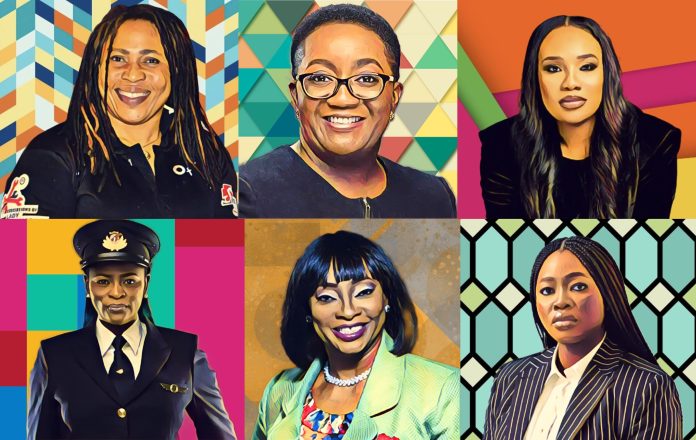KEY POINTS
-
Six Nigerian women are transforming male-dominated industries, from auto mechanics and urology to aviation, oil and gas, tech, and mixology.
-
They not only broke barriers but are actively mentoring the next generation, creating platforms, startups, and institutions that champion gender inclusion.
-
Their stories highlight how resilience, vision, and community can redefine professional norms and broaden opportunity for women across Nigeria.
In a country where gender stereotypes have long defined professional pathways, a group of Nigerian women is challenging the status quo—not by asking for permission, but by leading in spaces where women have historically been excluded.
From aviation and automotive engineering to oil exploration and urology, these six pioneers—Sandra Aguebor, Dr. Abimbola Abolarinwa, Adeola Ogunmola Sowemimo, Patience Maseli, Damilola Olokesusi, and Lara Rawa—are not just making history; they’re reshaping it.
- Sandra Aguebor: “I didn’t see women in the garage growing up, so I decided to become one,” said Sandra Aguebor, Nigeria’s first female mechanic and the founder of the Lady Mechanic Initiative.For over two decades, she’s trained more than 1,000 women in automotive repairs and engineering. “My mission was never just about fixing cars. It was about fixing broken confidence,” she added.
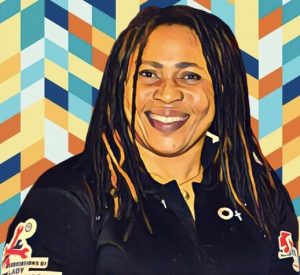
In an industry dominated by men, Sandra’s Lagos-based garage has become a symbol of female empowerment on wheels.
From skies to scalpel, these women are claiming their space without apology
2. Abimbola Abolarinwa: Breaking ground in an entirely different field is Dr. Abimbola Abolarinwa, Nigeria’s first female urologist. “It was almost laughable at first, being the only woman in the room,” she recounted.
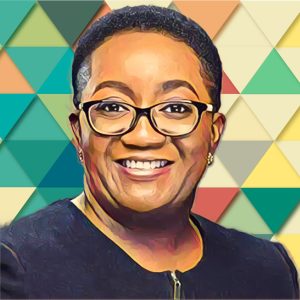
Today, she leads complex surgical teams, mentors upcoming female surgeons, and is pushing for policies that create safer, more inclusive environments for women in medicine. Her presence in one of the most male-dominated specialties is redefining possibilities for women in Nigeria’s healthcare system.
3. Adeola Ogunmola Sowemimo: High above the clouds, Adeola Ogunmola Sowemimo made headlines when she became the first Nigerian female pilot to work for Qatar Airways and one of the few African women to fly the Boeing 787 Dreamliner.
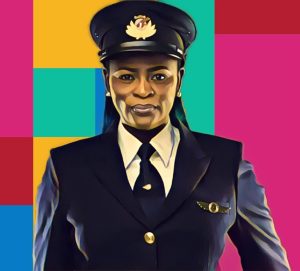
Born in Oyo State, her journey was one of determination in the face of financial hardship and societal doubt. “There were times I was told flying is not for women,” she said. “Now I fly across continents and mentor girls in STEM fields.”
4. Patience Maseli: In Nigeria’s oil and gas industry—a sector long marked by rugged fieldwork and rigid gender lines—Patience Maseli became the first female Deputy Director of the Upstream Division at the Department of Petroleum Resources (DPR).
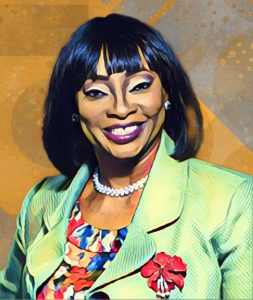
Having spent decades on offshore rigs and exploration teams, she has often been the only woman in the room, and sometimes on the rig. “I had to earn respect the hard way,” she stated. “Now I make sure younger women don’t have to fight the same battles alone.”
5. Damilola Olokesusi: Another industry trailblazer is Damilola Olokesusi, founder of Shuttlers, a tech-enabled transportation solution that optimizes urban mobility.
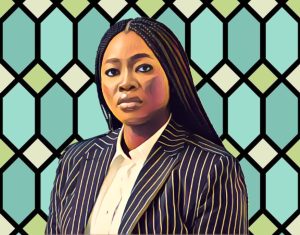
Frustrated by Lagos’ chaotic transit system, she created a startup that now moves thousands of workers across major Nigerian cities. “Transportation is not just infrastructure—it’s access to opportunity,” she said. As one of the few female founders in Nigeria’s mobility tech space, Damilola is proving that innovation is not gendered.
6. Lara Rawa: Completing this circle of changemakers is Lara Rawa, a trained lawyer turned mixologist and founder of Lara Rawa Cocktails and the Nigeria Cocktail Week.
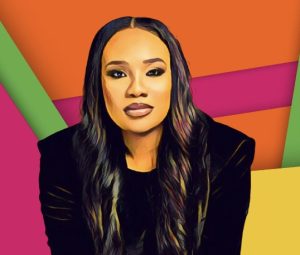
She is not only one of the first to professionalize bartending in Nigeria but has also created a platform that elevates local flavors and provides training for aspiring female bartenders. “People assumed a woman behind the bar must be desperate or unserious,” she explained. “Now, they see it as a craft—and see us as professionals.”
These six women are not asking for inclusion—they are commanding it. They are mentoring the next generation, building systems of support, and proving that excellence has no gender.
“We’re not the exception,” Sandra Aguebor insists. “We are the beginning of what should be normal.”


